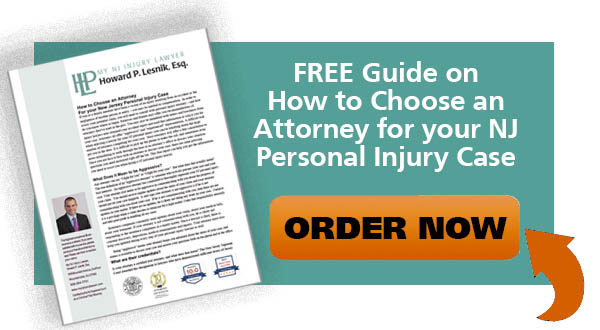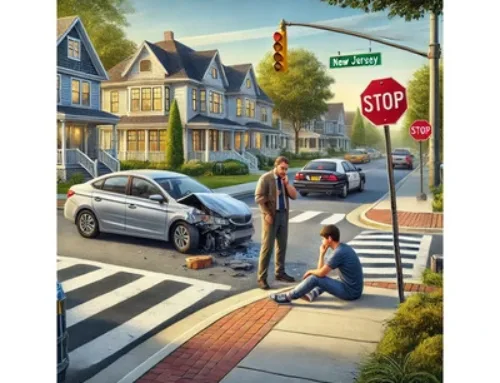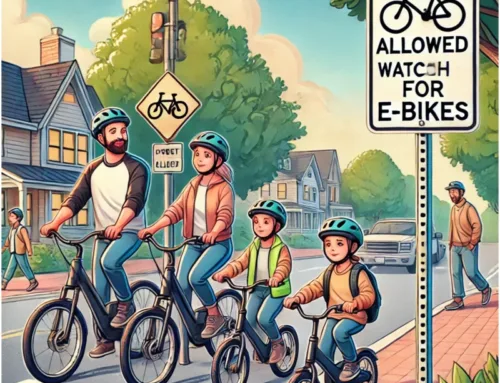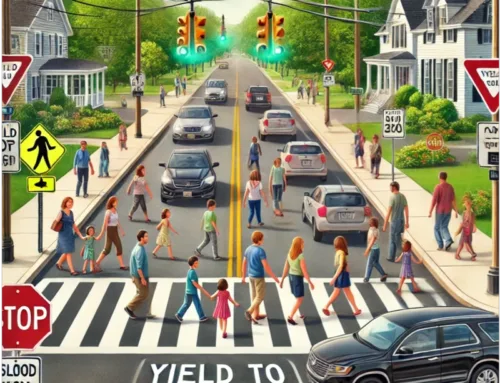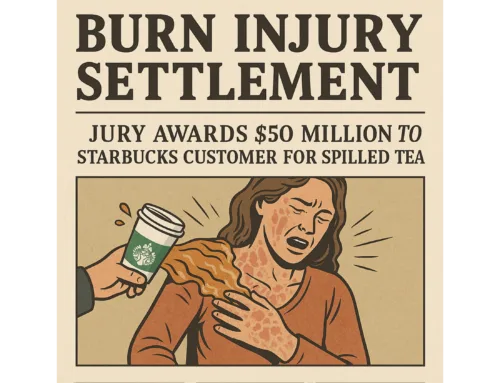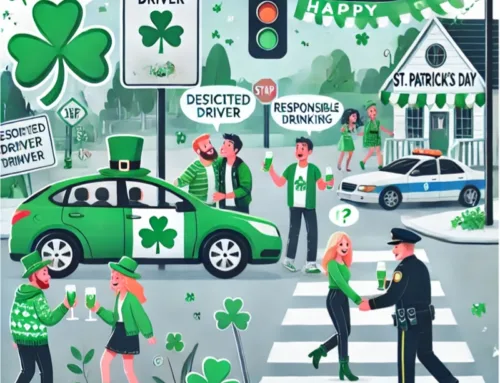After suffering a car accident caused by another driver’s negligence, one of the very first things your personal injury attorney will need to do to start building your case is gather evidence that proves your version of events to be accurate. Almost certainly, the insurance company representing the at-fault driver will spin some alternate account of the accident to justify why they shouldn’t have to pay you fair compensation for your injuries. Being able to support your recollection of events with hard evidence is essential to protecting your rights. That’s why, in the immediate aftermath of an accident, once injuries are treated and everyone involved is moved to a safe location, one of the universally advised first steps is to obtain the contact information of anyone who witnessed the accident.
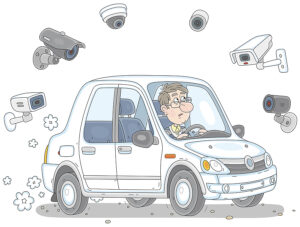 Unfortunately, eyewitness accounts are actually notoriously unreliable, as the brain naturally tends to “back-fill” in any details an observer misses with whatever they think makes the most sense. And some drivers who cause car crashes lie to their insurance company, so their rates don’t go up. Also, as some well-known experiments about attention have revealed, people often simply fail to see things they don’t expect to be there, especially if their attention is focused on something else. Given this, while no one should disregard the usefulness of eyewitness testimony, it’s best to look for more objective and reliable options when they’re available. And in today’s technologically savvy world, those options are often closer than you expect, in the form of video camera footage. Video evidence can be paused, rewound, and replayed to help accident experts (or judges and juries) understand exactly how a car crash took place.
Unfortunately, eyewitness accounts are actually notoriously unreliable, as the brain naturally tends to “back-fill” in any details an observer misses with whatever they think makes the most sense. And some drivers who cause car crashes lie to their insurance company, so their rates don’t go up. Also, as some well-known experiments about attention have revealed, people often simply fail to see things they don’t expect to be there, especially if their attention is focused on something else. Given this, while no one should disregard the usefulness of eyewitness testimony, it’s best to look for more objective and reliable options when they’re available. And in today’s technologically savvy world, those options are often closer than you expect, in the form of video camera footage. Video evidence can be paused, rewound, and replayed to help accident experts (or judges and juries) understand exactly how a car crash took place.
Of course, in order to use video evidence, you need to know where to find it. Depending on the location of the accident, there are numerous potential sources of video observation.
- Traffic cameras. Many municipalities have taken to installing red-light cameras at busy intersections to capture the license plates of drivers who break the law, but the placement of these cameras may also enable them to observe auto accidents around the intersections at which they stand sentinel. In addition, news organizations that pride themselves on providing live traffic reports to their viewership accomplish this by installing cameras at major intersections, ramps, and highways.
- Body Worn Camera video. All police departments in New Jersey are required to wear body worn cameras on their uniforms with cameras positioned on their outer clothing. The body worn camera video is required to be on and records video and audio during all investigations and interactions with witnesses and members of the public. Governor Murphy signed a directive that requires all law enforcement officers to wear Body Worn Cameras and the police departments must save the footage of all investigations.
- Dash cams. Even if you don’t have your own dash camera installed, an increasing number of other drivers (and perhaps even the motorist who caused your accident!) have dash cams constantly recording what happens on the road. Police cruisers today almost always come equipped with dash cams, and even if the police didn’t arrive on the scene until well after the moment of the accident, their cameras can still create a record of the aftermath, the position of the vehicles, and the damage inflicted on them.
- Business and individual cameras. The reality is cameras surround us every day. Whether it’s a passerby with their smartphone out to film a social media video, a resident’s doorbell camera on the watch for package thieves, or a nearby storefront’s security camera, any of these devices could potentially be capturing footage that can help your attorney build your case.
- Audio recordings and 911 calls. Police Departments save all 911 calls made to police departments and dispatch calls from headquarters to police officers. This also generates reports in all cases called CAD Reports – Computer Aided Dispatch Reports. These reports monitor in real time all calls and dispatch recordings to and from headquarters. I recently had a case where the other driver rear-ended my client and called 911 and admitted to the police dispatcher that he rear-ended my client who was stopped at a stop light. This recording was provided to the insurance company to help settle my client’s car accident claim.
If you discover a camera with a good view of your accident scene, your attorney may need to act quickly. Data storage is finite, and most automatically recorded footage is deleted after a period of time to free up space. Traffic camera footage recorded by the New Jersey Department of Transportation is kept for only seven days, though government buildings retain their security footage for thirty days. There are no laws mandating that businesses or private individuals keep security video for any set span of time, but the industry standard for businesses retaining security recordings is between 30 and 90 days.
Once you know of a potential source of video evidence, you next need to know how to obtain it. This is another way in which having an experienced personal injury attorney working on your case is essential. Your lawyer will know which forms to file to request information of public record (like police dash cam footage) from government agencies or police departments. In addition, most businesses are far more likely to comply with a polite request to share their security camera footage of a particular date and time if that request comes in formal language with an attorney’s letterhead. Your attorney may also have contacts at the police department who can help with requesting video footage from businesses, which are often more inclined to comply with police requests, even without the force of law behind them.
If your case goes to court, your attorney has more tools to use in obtaining video evidence. By filing a subpoena, your lawyer can compel a person, business, or organization to supply the needed evidence. That party can always try to fight the subpoena, but in most situations it’s simpler for them to provide the necessary evidence.
Contact MyNJInjuryLawyer Howard P. Lesnik
If you or a loved one suffered an injury in an accident in NJ, you should contact an attorney familiar with handling these claims. An experienced NJ Injury Lawyer will know how to obtain medical records, videos, photographs, experts, locate witnesses and contact the insurance company so you can make a claim for your injuries.
My NJ Injury Lawyer Howard P. Lesnik, Esq. offers complimentary strategy sessions to address any issue or questions you may have for your injury claim in NJ.
Please contact NJ Injury Lawyer Howard Lesnik, Esq., immediately if you were involved in an accident. I personally handle NJ personal injury cases on a regular basis. Please contact me now by email, by phoning 908.264.7701, or by completing the form to the right to schedule your complimentary 30-minute strategy session. Call me direct and I will answer 5 questions that you have about your potential claim.


